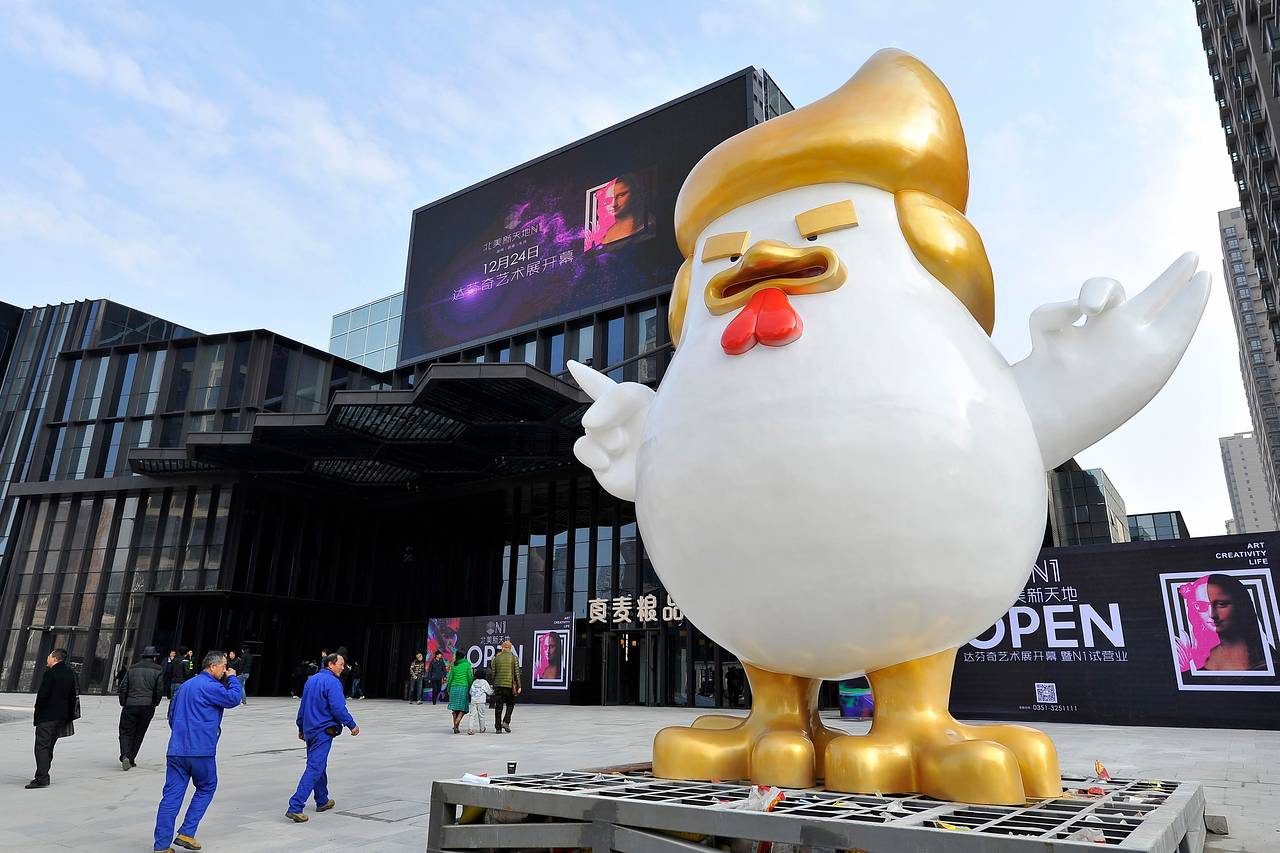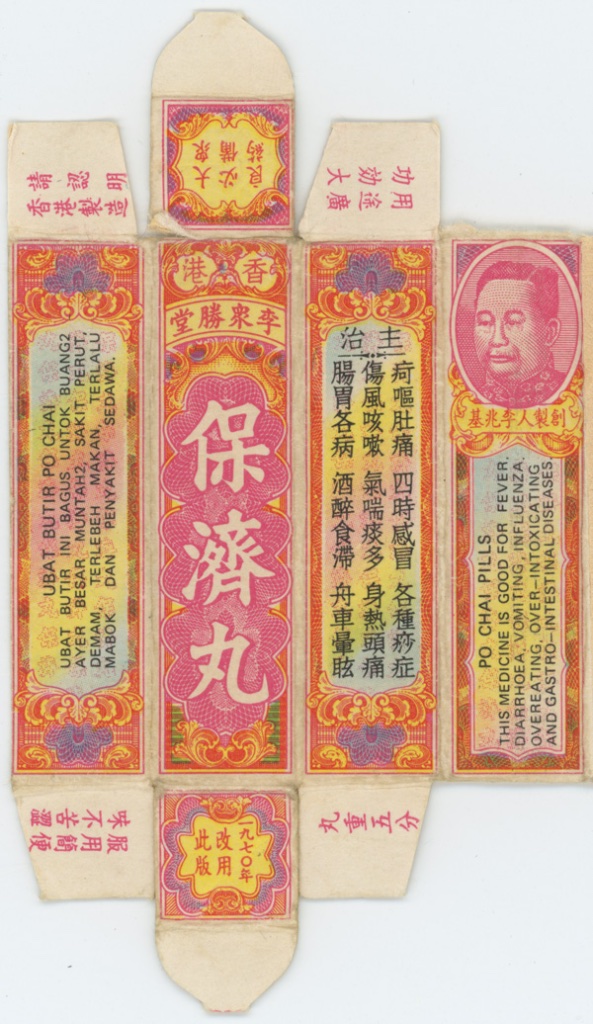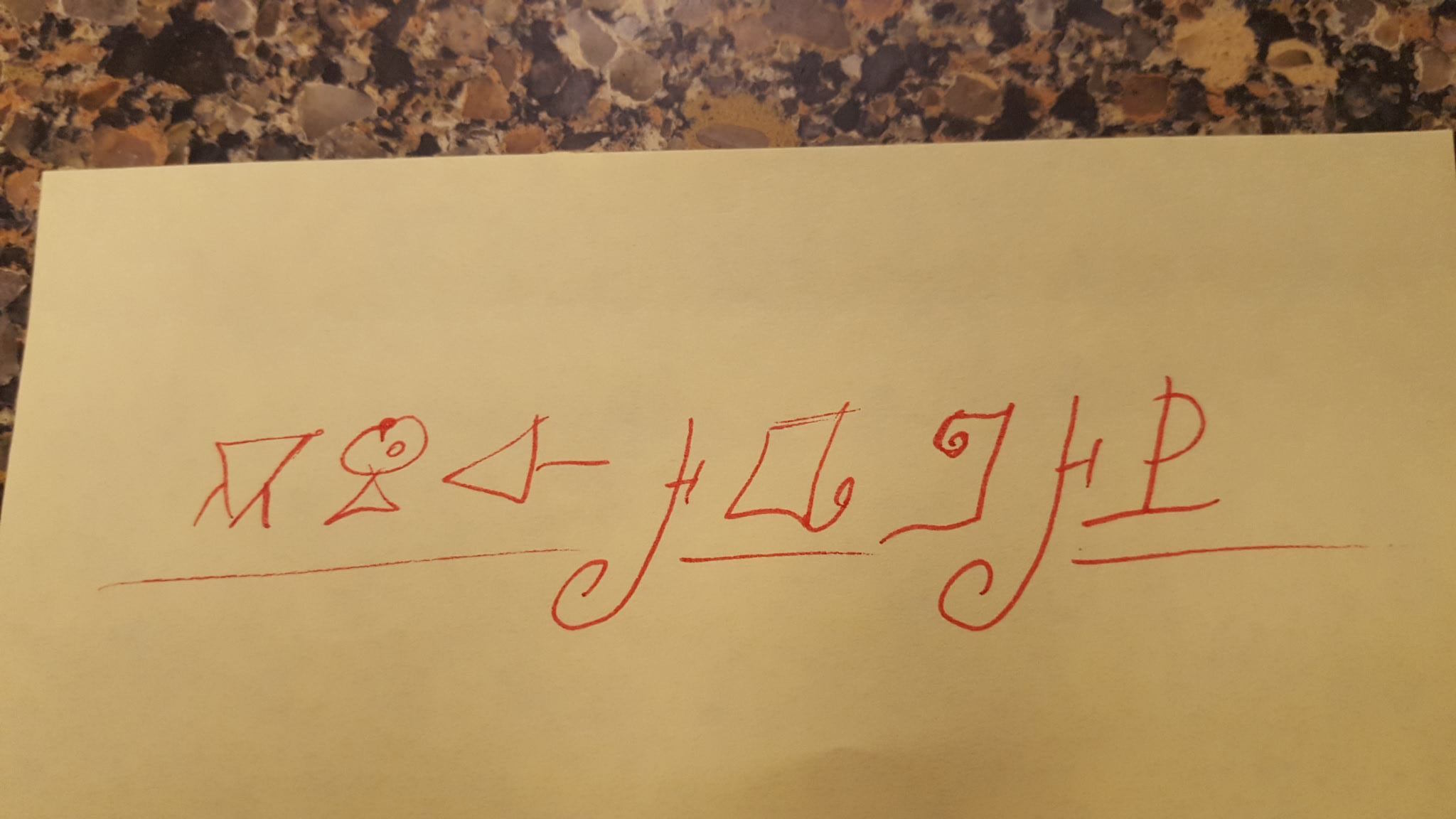Joshua David Stein, "The Loud, Empty Word That Defines President-Elect Trump", The Daily Beast 1/1/2017:
Perhaps because there are so many casualties already accruing and so much damage already being done, it has gone less noted than it should that among the incoming Trump administration’s most endangered victims is the English language itself. Nouns shudder. Adjectives cower. The entire edifice of grammar quivers with fear as January 20th nears.
Of course, one could make the argument that at a time when all the groceries are up in the air, we must prioritize what to catch. Climate change and war are eggs; perhaps language is a loaf of bread.
But language, as any linguist, Lacanian or deliman knows, is the sandwich within which stuff our world. If a thing doesn’t fit inside our words, we can’t bring it to our mouths. It is fundamentally indigestible.
I'm going to guess that that there's a missing "we" in "the sandwich within which (we) stuff our world".
And are "linguist, Lacanian or deliman" three epistemological alternatives? Or are Lacanian and deliman subtypes of linguist? Compare "cow, sheep or goat" to "cow, Guernsey or Holstein"…
Morris Halle once told me about a lecture in Paris after which someone — perhaps a Lacanian — asked him suspiciously to define his philosophical orientation. Morris's answer: "Does a shoemaker need a philosophical orientation? If so, then that's mine as well." In this case, I guess I'll follow Morris in identifying myself as an adherent of the deliman school. Though someone that I respect has been trying to persuade me that Jacques Lacan was not, in Noam Chomsky's words, "an amusing and perfectly self-conscious charlatan". So stay tuned.
Read the rest of this entry »



